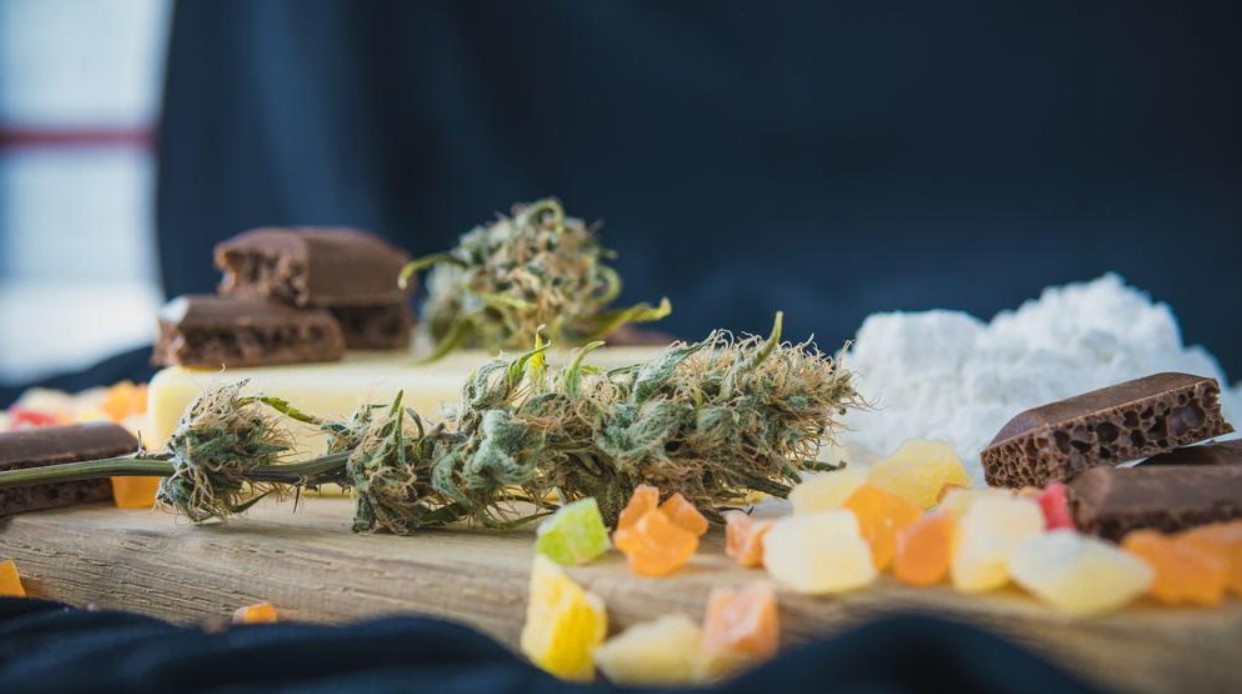

Officials in California have been given the green light to start collecting signatures for a proposed 2024 ballot initiative on psychedelic reform. The initiative seeks to legalize psilocybin for regulated therapeutic consumption. But we have been down this road before. Psychedelic advocacy is following the same path as marijuana. Where will it eventually lead?
California is one of more than two-dozen states with decriminalized recreational marijuana. Yet the Golden State did not start with recreational consumption. They started with medical cannabis. That’s how cannabis advocates got their foot in the door. They convinced the majority of state voters that approving medical cannabis was the right thing to do. Now they are presenting the same argument for psychedelics.
Safe, Regulated Consumption
Those who want to see legal psychedelics for medical purposes insist that they are in favor of safe, regulated consumption. Perhaps they are. But will they be content with medical consumption alone? For the record, I doubt it. The end goal with psychedelics is likely the same as it is with marijuana: nationwide legalization of recreational use.
America conducted its own self-induced cultural experiment with psychedelics in the 1960s and 70s. It didn’t turn out well. The damage done to both individuals and families during that time is well documented. There was plenty of social and cultural damage as well. And now there are those who want to ignore the lessons of the past. They want to dive headfirst into a sea of psychedelics that could ultimately drown them.
The Same Problem with Scientific Evidence
Getting one’s foot in the door with medical consumption isn’t the only similarity between psychedelics and marijuana. Another similarity is the lack of scientific evidence in support of psychedelic efficacy. No doubt there is tons of anecdotal evidence. But anecdotes do not equal scientific fact.
A recent paper published by JAMA highlights some of the problems with the limited amount of scientific study currently available. Three things mentioned in the article are especially troubling to medical professionals who take a more cautious approach to psychedelics:
- Even double-blinded, randomized controlled studies are not reliable because of the intensely personal psychoactive effects of psychedelic drugs.
- There is no safe way to determine the long-term risks of psychedelic consumption, even when managed therapeutically.
- There is no safe way to figure out how to scale psychedelic therapies as patient loads increase without a commensurate increase in medical professionals capable of administering the therapies.
Although many people are okay with accepting anecdotal evidence as a basis for supporting medical marijuana, psychedelics are an entirely different matter. Psychedelic drugs are on a completely different plane. They cannot be compared to medical marijuana. Thus, the need for reliable scientific data is that much more important.
If Things Continue As They Are Going
Unfortunately, caution is getting harder to find in the psychedelics arena. Some of the same companies that pushed hard for medical marijuana legalization are now pushing even harder for psychedelics. They see that there is money to be made and that is exactly what they intend to do.
If things continue as they are currently going, dozens of states could decriminalize medical psychedelics within the next few years. Perhaps five years from now, Utah dispensary Beehive Farmacy will carry more than just medical cannabis. Medical psychedelics might also be on their shelves.
Is our society ready to embrace psychedelics at the same level we seem to embrace marijuana? Perhaps not. But if something doesn’t change, it’s only a matter of time. We will get to medical psychedelics within the next decade, and eventually to recreational consumption after that.








